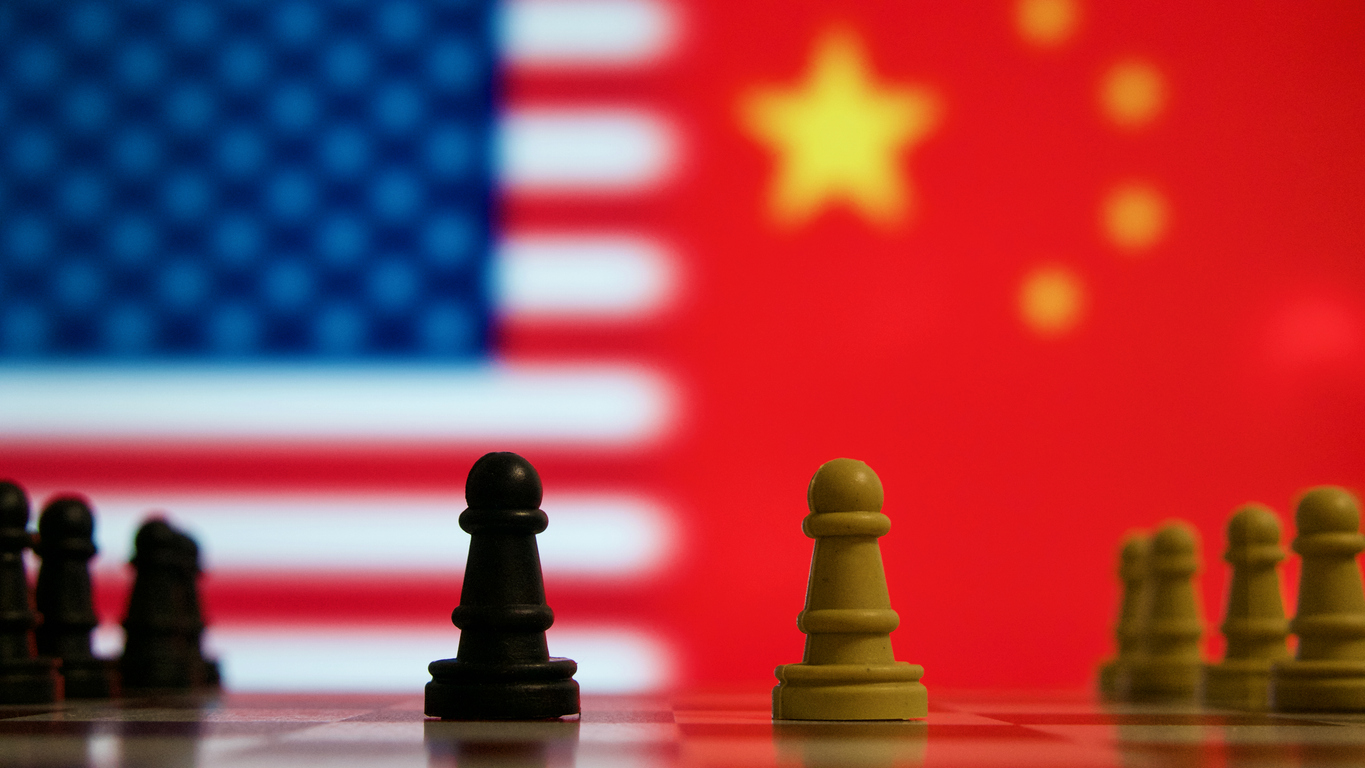Beyond US hegemony: creating a visceral fear of China
August 30, 2024
It is difficult to understand why Senator James Patterson and “dewy eyed” Defence Minister Richard Marles think of China as part of a threat environment. There is a remarkable agreement between these two defence mavens from the opposite sides of politics that has a common source.
Our understanding of the darker foundations of US thinking about the US-China relationship is obscured by the public utterances of presidents, politicians and public policy commentators. This is the froth and bubble of policy, but it does little to reveal the foundations of this visceral fear of China.
Written by one of its founders, UNIT X – How the Pentagon and Silicon Valley are Transforming the Future of War is an account of the Defence Innovation Unit ‘X” which provides some insight into the real foundations of this fear of China. It provides useful clues to the thinking that has captured Patterson and Marles.
The book is an unabashedly self-congratulatory survey of American supremacy. It reeks of the same thinking as the outdated white man’s burden because the author positions the US as a global saviour. There is a zealotry that defines the American civilisational mission that goes beyond the simple concepts of hegemony.
Hegemony, like colonialism, is about control. The foundations of this narrative in UNIT X is the belief that China and the world should become a clone of the US.
What makes this account notable is that it is sprinkled liberally with details of meetings and direct access to the most senior defence decision-makers, including Secretaries of Defence Ashton Carter, Jim Mattis, Leon Panetta, and with President Donald Trump in the oval office. It places this embedded thinking above the level of mere misinformed opinion.
At its core, this is a discussion of new and better weapons. It’s also a tale of the seduction of Silicon Valley where the promise of rapid payment overcomes all scruples and erases the infamous injunction to “do no evil”. It shows how the Department of Defence became a Silicon Valley sugar daddy.
But of more interest is the way the discussion is peppered with asides that reveal the foundations of anti-China thinking.
We learn that American activity is always benevolent. UNIT X pleads for a return of conscription to show the younger generation the real military and to counter the (false) narrative of Abu Ghraib torture and rendition.
It consistently denies legitimacy of the Chinese Government and implies that President Xi Jinping is self-appointed.
It is an in-depth survey of a new software industrial complex that is in many ways more vicious in its warfighting objectives than the 2,000 pound bombs used in Gaza. More vicious because it celebrates the destruction of the modern sinews of civilisation. Of course, this is only applied in a just and righteous way. If China and others are thinking the same way, then their motives are evil.
This religious dichotomy of good and evil is a theocratic driver of US policy that is under-estimated and largely ignored in analysis of the US policy environment. Among all the horrors and immoral scheming revealed in open public discussion, the influence of religious belief on policy is one topic that remains taboo.
UNIT X is a paean of praise to the software industrial complex that unites capitalism with the objectives of the state. This is all about developing dual-use technology. First it is sold to the military, and then the public is sold a crippled version.
The boards of these US companies are littered with retired, or serving military officers. Navy veteran and vice-president of Apple, Doug Beck, is a director of Unit X. This is a natural path to success in development of weapons needed to wage a cyber war. In contrast, the presence of former military officers on the boards of some Chinese companies is seen as part of an evil plot for world domination.
UNIT X offers insights into the rarely discussed philosophical drivers of US policy towards China. The misconceptions and assumptions about China, its activity and alleged transgressions, are stated as fact, beyond challenge. They are the common currency of social media and what passes for informed discussion by Western political leaders.
It is an unexpected insight into the thinking that underpins AUKUS and which continues to enable the takeover of Australian defence forces and the willing surrender of Australian sovereignty to the United States. It is a contagion that has turned Patterson and Marles into US zombies who, like their fictional counterparts, are difficult to counter.
UNIT X shows how far we have underestimated the reasons for the deep-seated ferocity of anti-China sentiment that has infected the defence and security apparatus.
It means that restoring common sense and reasoned assessment of the defence and regional environment is a larger task than is at first apparent. Without meaning to, UNIT X exposes the dimensions of the challenge as the US moves beyond hegemony.
